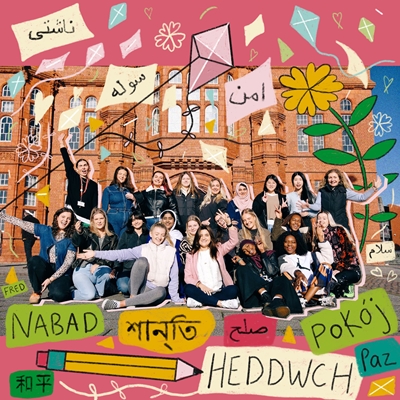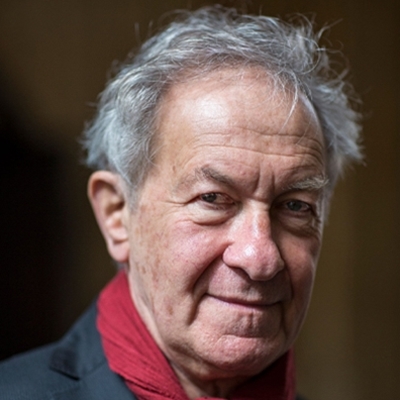New Events
These events have been added since our programme was first announced.
Conversation

Event 403
Casi Wyn and guests
Wales: a culture of peace
– Writers at Work Hub – Hwb Awduron wrth eu Gwaith
Read moreA hundred years since the Welsh Women's Peace Petition in 1923-24, the young people of Wales are amplifying their call in 2024 with this year's Urdd Peace and Goodwill Message. To mark this moment, Codi Pais magazine launches a special issue celebrating a cultural legacy of peace that's still practiced by Welsh women today.
Join poet Casi Wyn as she meets some of the young women who participated in forming this year's Urdd Peace and Goodwill Message, and reflect on how contemporary Wales continues to play its part in fostering a culture of peace today.
Price: £7.00
In partnership with Codi Pais magazine and Urdd 2024 Peace and Goodwill Message
Talk

Event 402
Simon Schama
Choose Life: The Story of the Jews
– Discovery Stage
Read moreHistorian Simon Schama, author of The Story of the Jews and presenter of the accompanying BBC series, explores the rise of antisemitism, the questions posed by the Israel-Hamas war, and the impacts on Jewish communities around the world. Where is the path for peace when so much is at stake?
Price: £13.00